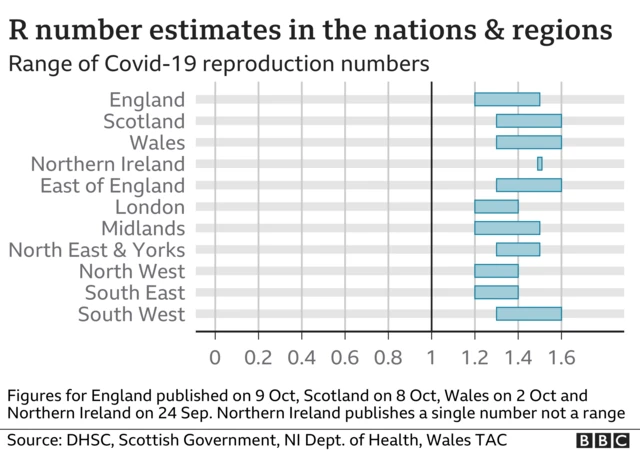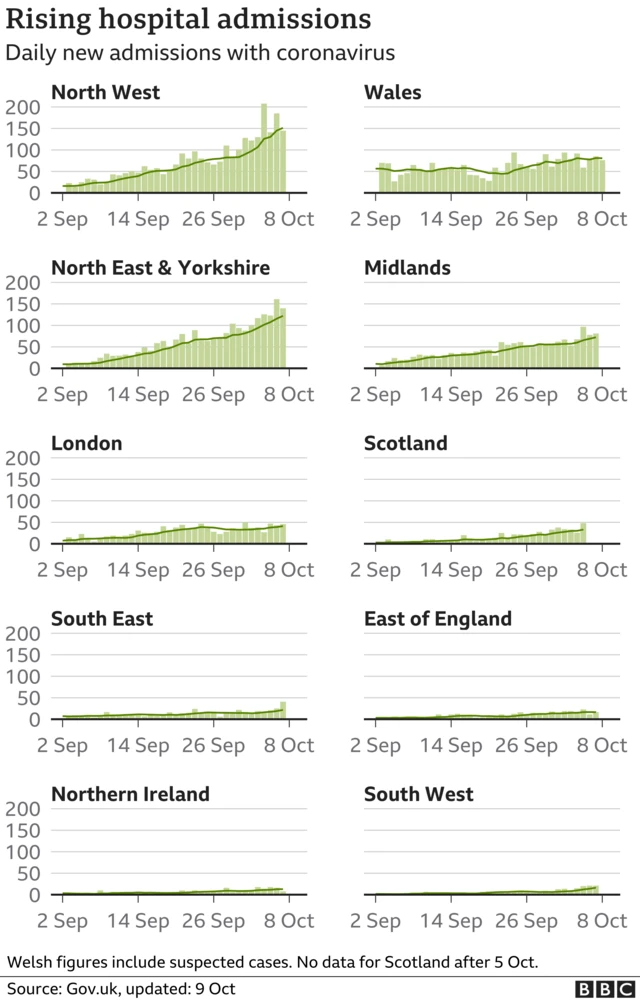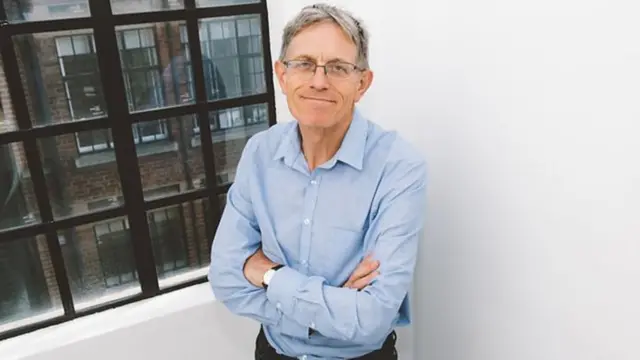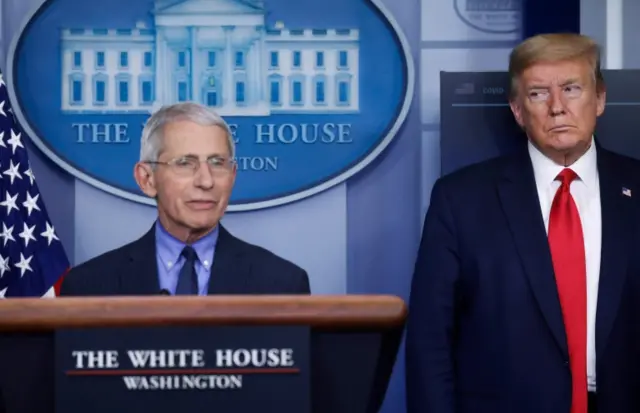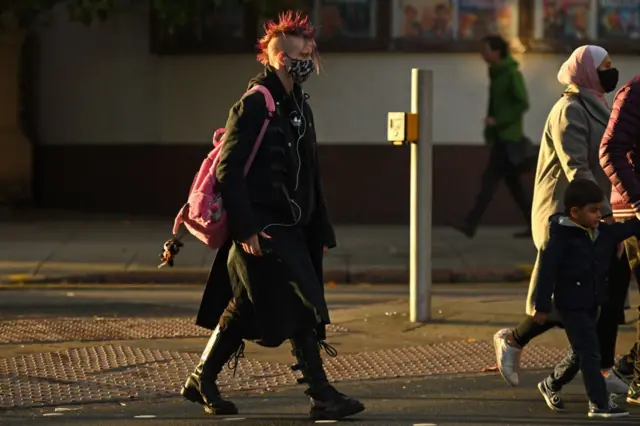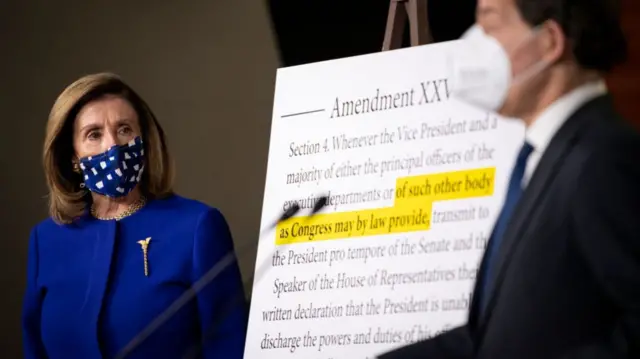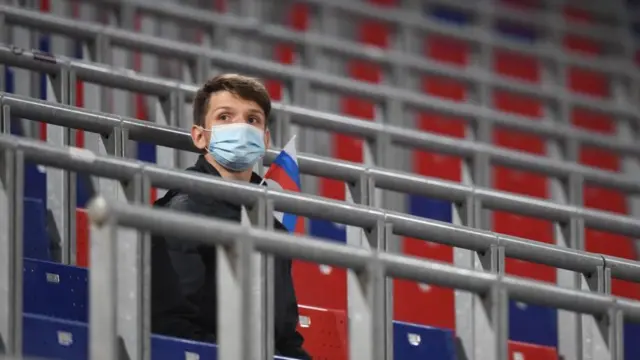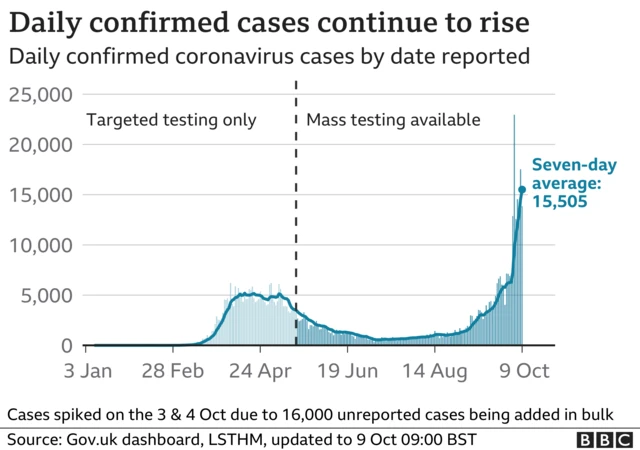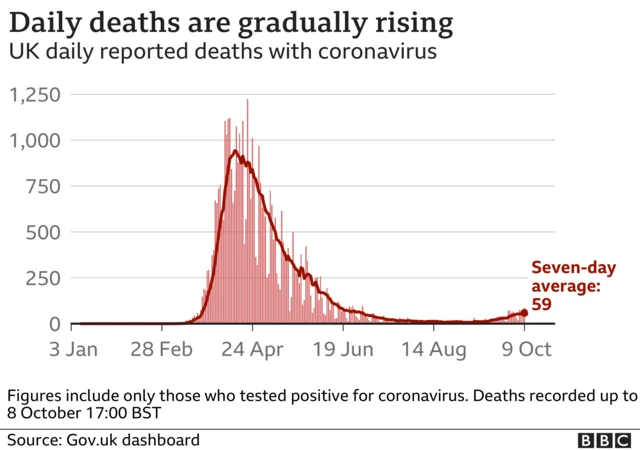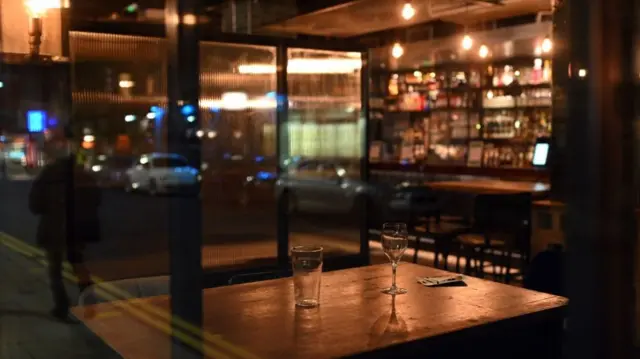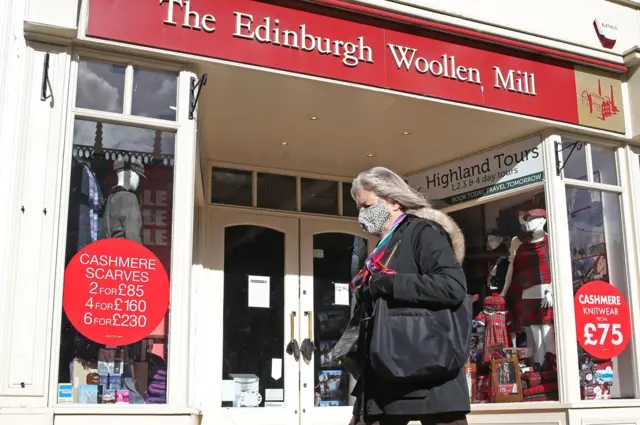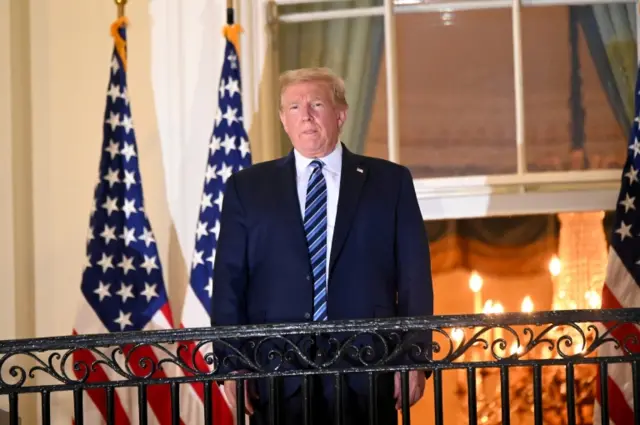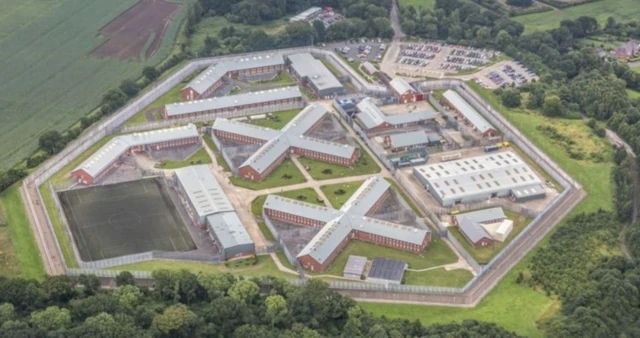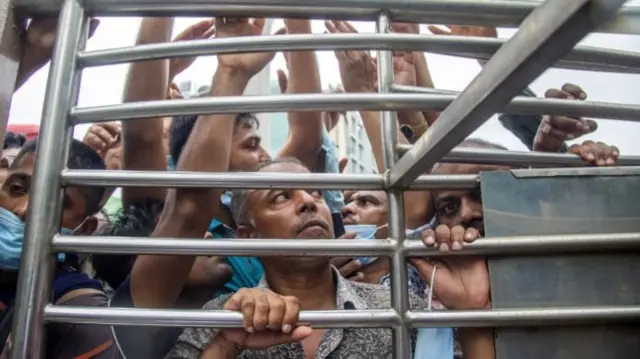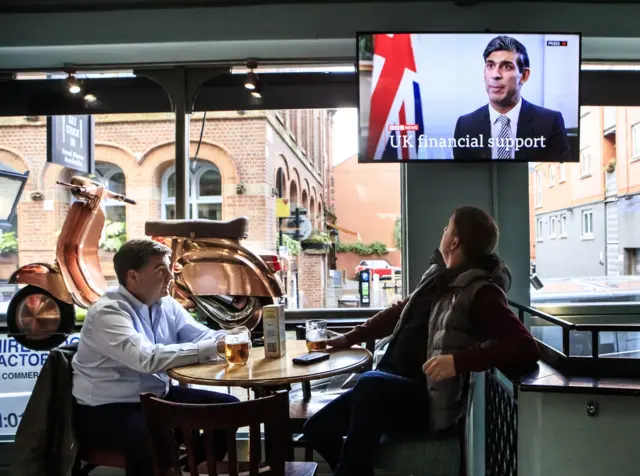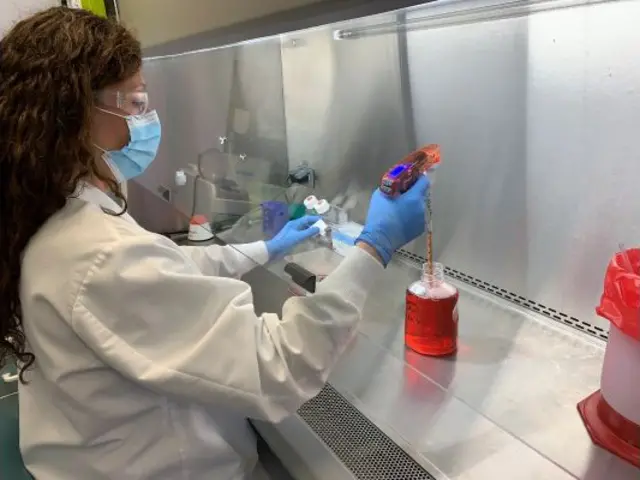That's all from us...published at 19:28 BST 9 October 2020
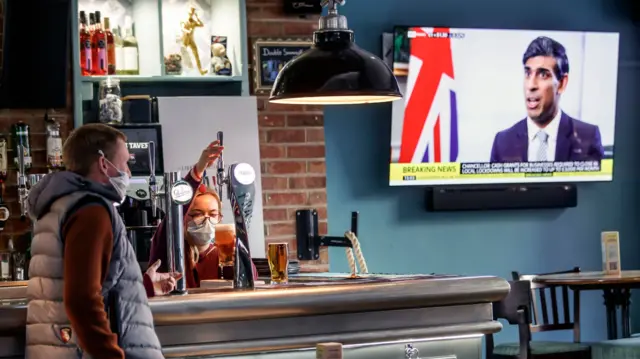 Image source, PA Media
Image source, PA MediaThanks for joining us today. Before we wrap up, here’s a look at some of the main stories:
- Workers in companies that are forced to shut down by new coronavirus restrictions will get two-thirds of their wages paid by the government, the chancellor announced. A Treasury source said the scheme, which begins on 1 November, could costs hundreds of millions of pounds a month.
- Businesses said it could "cushion the blow" of further shutdowns, but the hospitality industry said many venues that were not facing closure were still struggling as they had to operate with reduced capacity.
- Spain has ordered a 15-day state of emergency in Madrid and nearby cities, with 7,000 police enforcing restrictions including a ban on all non-essential travel.
- The Premier League has introduced a £14.95 pay-per-view option for games that had previously not been selected for broadcast, while fans are unable to attend matches.
- Coronavirus cases "increased rapidly" in the UK at the end of September, a survey suggests, with up to one in 240 people being infected in the week up to 1 October. Scientific advisors to the government warn the country is "very close" to the levels of hospital admissions seen in March.
- US President Donald Trump said he hopes to hold a rally over the weekend after his physician said he had completed his course of treatment for Covid-19.
- With just 2.1% growth in August, the UK's economic recovery has been below expectations despite the boost provided by the Eat Out to Help Out scheme. The economy remains 9.2% smaller than before the pandemic.
- Northern Ireland's Health Minister Robin Swann said Covid-19 is the biggest challenge the executive has faced in the modern era, as the number of daily cases exceed 1,000. NI's deputy first minister is self-isolating after a family member tested positive.
- Pubs and restaurants across central Scotland have closed for more than two weeks as part of measures intended to bring infections under control.
